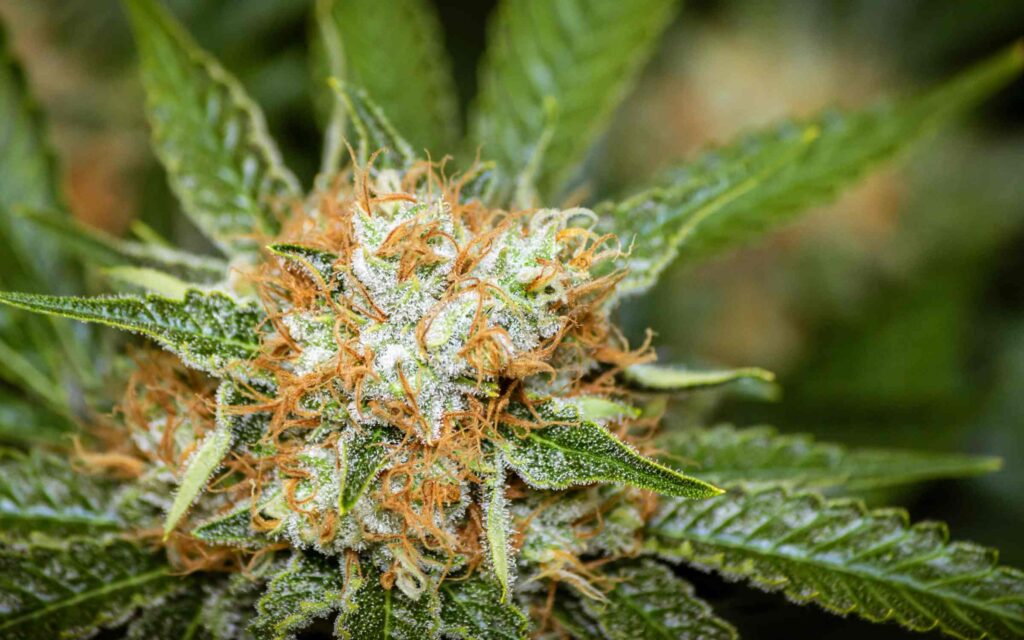The Louisiana House of Representatives recently passed a bill to improve the state’s expungement program for cannabis possession convictions. Rep. Delisha Boyd sponsored the bill, which passed with a 69-30 vote. “House Bill 286 is a request for a reduction in expungement fees in first offense marijuana. I’ve worked closely with the DA association, sheriffs, and the clerks, to put this bill in its proper posture,” Boyd said at the hearing on May 23.
The Louisiana House Democratic Caucus recently posted on social media about the bill’s passing as well. “This bill passed the House today and will make it easier for people to get the post-conviction relief and justice they need and deserve. #LaLege #LaGov.”
The bill was amended by House representatives, including the adoption of the proposed law that would only apply to 14 grams or less, and also stating that the fee would be set at a maximum of $300 for those convicted of misdemeanor offenses for cannabis possession.
According to the bill, these fees will be distributed immediately to the proper channels. “The clerk shall immediately direct the collected processing fees provided…to the sheriff and the district attorney, and the processing fee amount shall be remitted immediately upon receipt in equal proportions to the office of the district attorney and the sheriff’s general fund,” the bill states.
HB-286 is currently moving forward in the Senate. On May 24, it was read by title and placed on the calendar for a second reading, followed by a second reading on May 25 and a referral to the Committee on Judiciary C.
Another Louisiana bill was passed in a committee on May 23. According to Rep. Mandie Landry, House Bill 351 made it through the Labor and Industrial Relations Committee, which is notorious for its reputation of making it difficult to pass bills through. “Nothing makes it out of the Labor Committee here,” said Landry, according to Fox8. “Not minimum wage, not employment protections…It’s really hard.” The bill strives to protect employees with medical cannabis cards by providing them with unemployment benefits if they were fired due testing positive for cannabis.
HB-351 passed with a 6-5 vote, but the opposition voiced concern regarding the liability for employers if an employee is under the influence of cannabis while on the clock. One member said that the bill isn’t the right solution, arguing that it needs to be “very strongly vetted over a good period of time.”
Landry responded, arguing that a solution is needed now. “Medical marijuana is legal,” Landry said. “Every person has every right to question their employers or the state and say, ‘Why am I losing my job for using something that’s legal?’ This is a problem the state created.”
In April, two Sen. Stewart Cathey and Sen. Jay Morris claimed that they were misled when they voted to approve Senate Bill 219. “Last session we unknowingly created a recreational THC market in Louisiana,” Cathey said. “It was not the intent of the Legislature to authorize a statewide flood of unregulated THC psychoactive drug marketplace.”
“If we’re going to legalize [recreational THC], it needs to be done openly and honestly, which wasn’t done,” Morris explained. “It was sold to the Legislature as if we weren’t allowing psychoactive materials.” HB-351 hasn’t moved forward since Cathey and Morris made these statements.
Louisiana cannabis decriminalization went into effect along with 250 other laws in August 2021. Policy & advocacy director at Louisiana Progress, Peter Robins-Brown explained his hope for the future. “Marijuana decriminalization will truly make a difference in the lives of the people of our state,” said Robins-Brown. “It’s an important first step in modernizing marijuana policy in Louisiana, and it’s another milestone in the ongoing effort to address our incarceration crisis, which has trapped so many people in a cycle of poverty and prison. Now it’s time to make sure that everyone knows their rights under this new law, and that law enforcement officers understand how to properly implement it.”
H/T: hightimes.com



